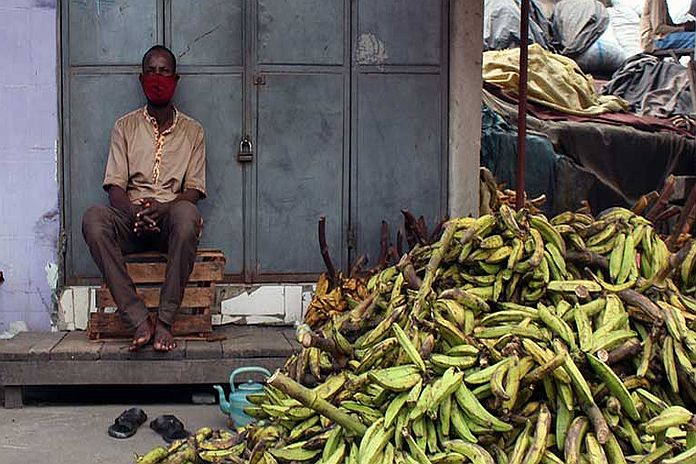GENEVA, Switzerland, (ILO News) – The number of working hours lost across the world in the first half of 2020 was significantly worse than previously estimated, while the highly uncertain recovery in the second half of the year will not be enough to go back to pre-pandemic levels, even in the best scenario, and risks seeing continuing large scale job losses, warns the International Labour Organization (ILO).
According to the ILO Monitor: COVID-19 and the world of work: 5th Edition , there was a 14 per cent drop in global working hours during the second quarter of 2020, equivalent to the loss of 400 million full-time jobs (based on a 48-hour working week). This is a sharp increase on the previous Monitor’s estimate (issued on May 27), of a 10.7 per cent drop (305 million jobs).
The new figures reflect the worsening situation in many regions over the past weeks, especially in developing economies. Regionally, working time losses for the second quarter were: Americas (18.3 percent), Europe and Central Asia (13.9 percent), Asia and the Pacific (13.5 percent), Arab States (13.2 percent), and Africa (12.1 percent).
The vast majority of the world’s workers (93 percent) continue to live in countries with some sort of workplace closures, with the Americas experiencing the greatest restrictions.
The second half of 2020
The new monitor presents three scenarios for recovery in the second half of 2020: baseline, pessimistic and optimistic. It stresses that the long-term outcome will depend on the future trajectory of the pandemic and government policy choices.
The baseline model – which assumes a rebound in economic activity in line with existing forecasts, the lifting of workplace restrictions and a recovery in consumption and investment – projects a decrease in working hours of 4.9 percent (equivalent to 140 million full-time jobs) compared to Q4 2019.
The pessimistic scenario assumes a second pandemic wave and the return of restrictions that would significantly slow recovery. The consequence would be a fall in working hours of 11.9 per cent (340 million full-time jobs).
The optimistic scenario assumes that workers’ activities resume quickly, significantly boosting aggregate demand and job creation. With this exceptionally fast recovery, the global loss of working hours would fall to 1.2 per cent (34 million full-time jobs).
Impact on women
The monitor also finds that women workers have been disproportionately affected by the pandemic, creating a risk that some of the modest progress on gender equality made in recent decades will be lost, and that work-related gender inequalities will be exacerbated.
The severe impact of COVID-19 on women workers relates to their over-representation in some of the economic sectors worst affected by the crisis, such as accommodation, food, sales and manufacturing. Globally, almost 510 million or 40 percent of all employed women work in the four most affected sectors, compared to 36.6 per cent of men.
Women also dominate in the domestic work and health and social care work sectors, where they are at greater risk of losing their income and of infection and transmission, and are also less likely to have social protection. The pre-pandemic unequal distribution of unpaid care work has also worsened during the crisis, exacerbated by the closure of schools and care services.
Key challenges ahead
While countries have adopted policy measures with unprecedented speed and scope, the monitor highlights some key challenges ahead:
- Finding the right balance and sequencing of health, economic and social and policy interventions to produce optimal sustainable labour market outcomes.
- Implementing and sustaining policy interventions at the necessary scale when resources are likely to be increasingly constrained.
- Protecting and promoting the conditions of vulnerable, disadvantaged and hard-hit groups to make labour markets fairer and more equitable.
- Securing international solidarity and support, especially for emerging and developing countries.
- Strengthening social dialogue and respect for rights.
“The decisions we adopt now will echo in the years to come and beyond 2030. Although countries are at different stages of the pandemic and a lot has been done, we need to redouble our efforts if we want to come out of this crisis in a better shape than when it started,” said ILO director-general Guy Ryder.
“Next week the ILO is convening a high-level, virtual, Global Summit on COVID-19 and the World of Work . I hope that governments, workers and employers will use this opportunity to present and listen to innovative ideas, discuss lessons learned and come up with concrete plans to work together to implement a recovery that is job-rich, inclusive, equitable and sustainable. We must all step up to the challenge of building a better future of work,” he concluded.






